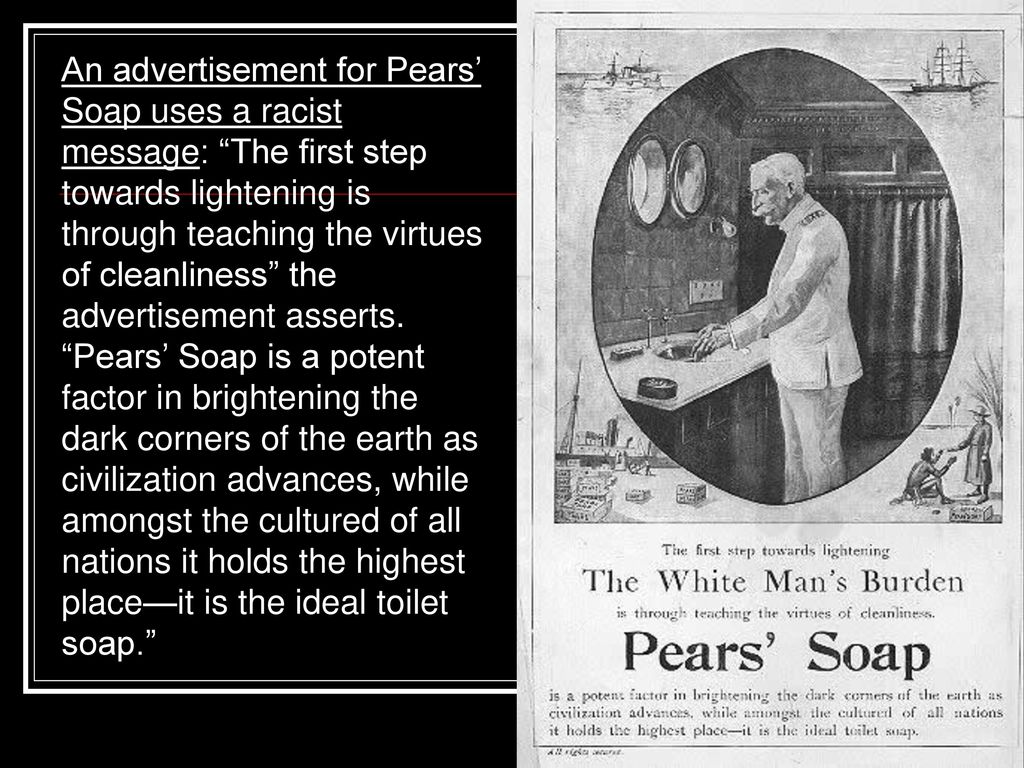Conversations & musings

Not having grown up in South Africa and not having been exposed to the concept of decoloniality, I found it a difficult concept at first to understand. My background is one of growing up in a white environment (though a very multicultural environment – multicultural in terms of European cultures and predominantly Greek, Italian and Turkish. My own roots are German ass both my parents were German and we spoke German at home. At the age of 14, I moved to Indonesia for 6 years and lived there as an expat. I had a lot of contact and made friends with Indonesians. At no stage did I think of them as different other than they spoke a different language (which I learnt during my stay in Indonesia). My schooling was at an American international school frequented by a host of nationalities. My closest group of girlfriends consisted of a Korean, an Israeli, and a Columbian.
It was only when I moved to South Africa that I was confronted by anything akin to racism. I attended the University of Cape Town and was a member of the fencing club there (also where I met my husband – we were both fencers). It was a very social club. At the time the best fencers were from the coloured community and we often went out together for drinks and a meal. The only time I felt uncomfortable was the times where our coloured fencers in the group would be barred from entering a restaurant or pub. Inevitably, we all went somewhere else but it was noticeable on many levels, that this was wrong.
In conversations during the workshops I was introduced to a whole world of new ideas and insights into the topics of racism, feminism and decoloniality – all of which are inextricably linked.
The question arose what is western? Western is seen in terms of language, knowledge and power. Power can be described as something from outside controlling and governing – a political and economic domination. But what is decoloniality? To understand this, it is necessary to understand the term coloniality. What I understand this term to be is(in very simplistic terms) power of one group over the other and in the process of enforcing this power, elimination of the world view of the weaker of the two groups. The outcome of this power imbalance is a marginalisation of the weaker group, with a fragmentation of their understanding of themselves. The justification and consequences for this marginalisation is the objectification and dehumanisation of the other group,
Decoloniality is a reaction against coloniality. It is a movement towards the marginalised being given a voice, being given back dignity, being removed as objects and elevated as human beings. It is a necessary movement but with no clear path or outcome.
I can understand the theory behind what has been happening but am sceptical that the process that is happening is the right approach. Decolonialisation has become a buzzword to cover all manner of ills and to provide justification for, what I consider, an insidious form of group power struggle without humanitarian roots.
(emanating from a workshop on decoloniality on the 5th March 2018)
As an addendum to the above…
On the 16th March, there was an interesting discussion on ‘scientific racism’. Of particular interest to me were debates between two factions amongst my black colleagues during and after class. The one group said that a right to entitlement was being promulgated which held blacks back from advancing, and the other faction said that the system was holding blacks back and not entitlement. Even among blacks, there is no consensus to the problems of racism and decolonialisation.